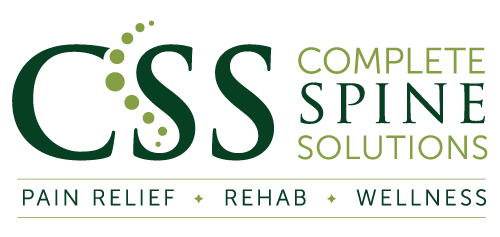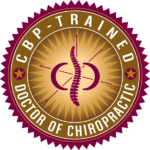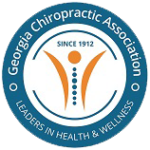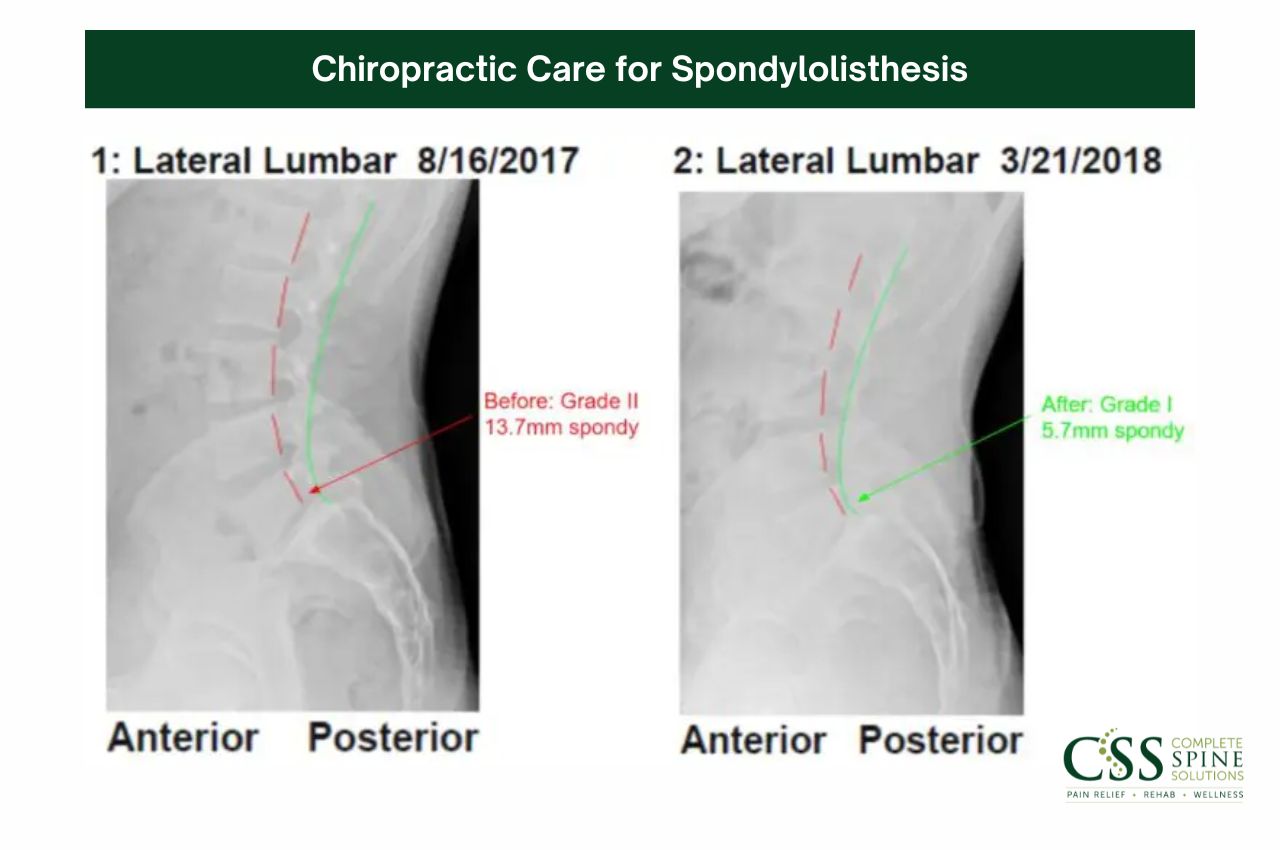
Spondylolisthesis is a condition that affects the spine, causing vertebrae to slip out of place. In the pursuit of effective treatment, many individuals with Spondylolisthesis are turning to corrective chiropractic care, a holistic approach focused on natural healing methods.
This article aims to delve into the potential newly discovered benefits of chiropractic care for Spondylolisthesis and shed light on how it may improve overall well-being.
What is Spondylolisthesis?
Spondylolisthesis is a spinal condition characterized by the forward or backward displacement of one vertebra in relation to the adjacent vertebra. It occurs when a stress fracture or degenerative changes weaken the bones (vertebrae) and supporting structures of the spine, leading to vertebral slippage. The author of this blog has this condition. The condition most commonly affects the lower back, specifically the lumbar spine. Spondylolisthesis is often classified based on the degree of slippage, ranging from grade 1 (mild) to grade 5 (severe).
There are several types of spondylolisthesis, including:
- Congenital spondylolisthesis: This type is present at birth and results from abnormal bone formation in the vertebrae.
- Isthmic spondylolisthesis: It occurs due to a stress fracture, known as spondylolysis, in the pars interarticularis, a small bony segment connecting the upper and lower portions of a vertebra.
- Degenerative spondylolisthesis: This type is associated with the natural wear and tear of the spine that occurs with age, leading to the breakdown of the intervertebral discs and facet joints.
- Traumatic spondylolisthesis: It results from a sudden injury or trauma to the spine, such as a fracture or dislocation.
- Pathological spondylolisthesis: This type occurs as a result of an underlying disease or condition, such as a tumor or infection, weakening the spinal structures.
Spondylolisthesis can cause various symptoms, including lower back pain, stiffness, muscle tightness, and radiating leg pain (sciatica) if nerve compression occurs. It can also negatively impact the organs connected to the nerves that become impacted. Seeking appropriate treatment is crucial to manage symptoms and prevent further complications.
Next, we will explore the causes, common symptoms, and the impact Spondylolisthesis can have on daily life.
Overview of Chiropractic Care
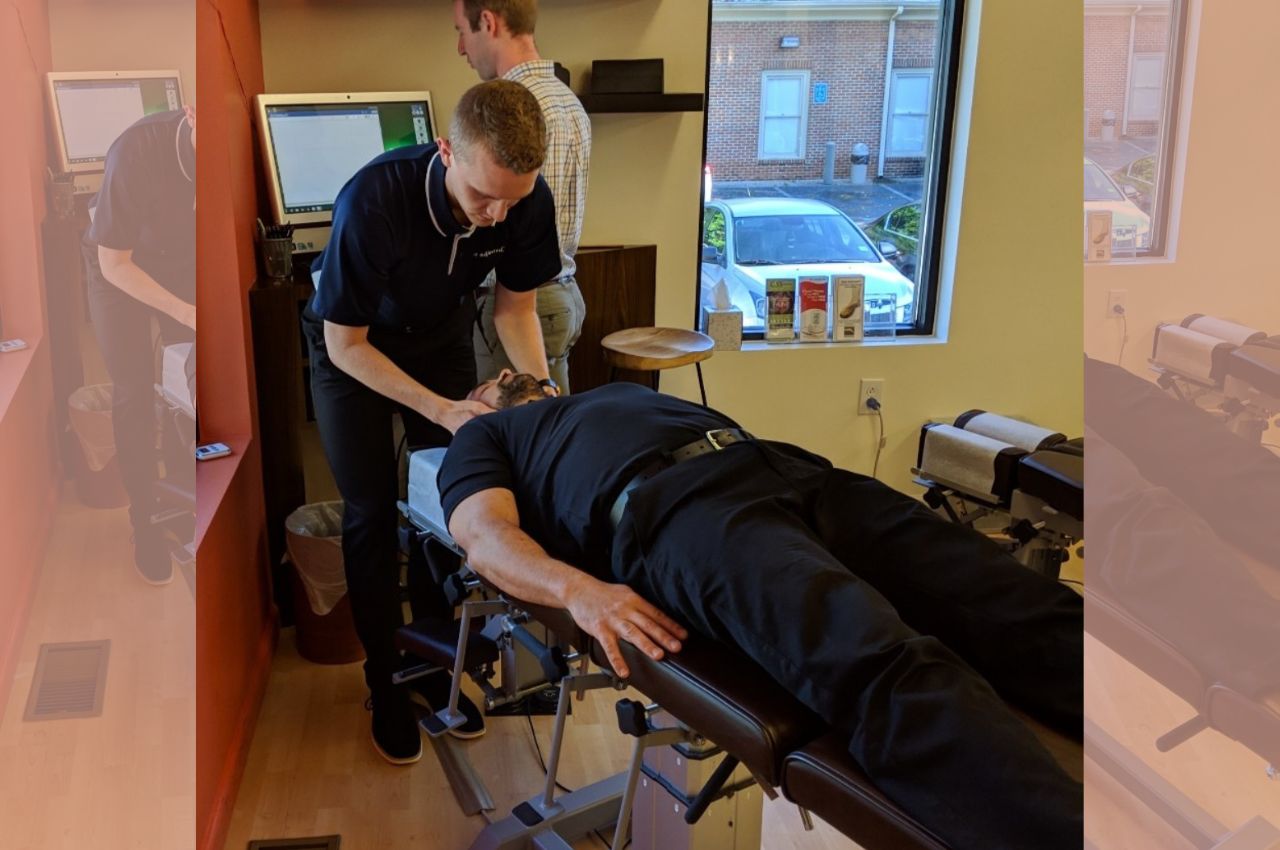
Chiropractic care focuses on the acknowledgement that proper alignment of the spine is essential for optimal health and well-being. Why, because the spine and nervous systems are the foundation of life and health in the body. Chiropractors use various techniques to restore spinal alignment, aiming to alleviate pain and improve overall body function.
By taking a holistic approach and utilizing natural healing methods, corrective chiropractic care offers an amazing new alternative treatment avenue for individuals with Spondylolisthesis.
Chiropractic Techniques for Spondylolisthesis
Chiropractors employ specific techniques tailored to address Spondylolisthesis. These techniques may include;
- Spinal adjustments and manipulations, which aim to correct misalignments and relieve pressure on affected nerves.
- Targeted traction is utilzed to reduce the grade of the displacement without surgery.
- Stretching and therapeutic exercises can help strengthen the supporting muscles around the spine.
- Strengthening exercises are often used to hold the spine in the correct position.
What are the Benefits of Chiropractic Care for Spondylolisthesis
Chiropractic care offers several potential benefits for individuals with Spondylolisthesis.
- Chiropractic care can provide pain relief for individuals with Spondylolisthesis.
- It can help reduce inflammation in the affected area.
- Corrective CBP Chiropractic treatments aim to restore proper spinal alignment, improving stability and reducing stress on the spine.
- Improved spinal alignment may lead to increased mobility and flexibility.
- Chiropractic care offers a non-surgical approach to this condition that would otherwise require surgery.
- It can complement medical interventions and contribute to a multidisciplinary treatment plan for Spondylolisthesis.
- Chiropractic care emphasizes patient-centered care and individualized treatment plans.
- It promotes overall well-being by addressing the root cause of the condition rather than just symptom management.
- Chiropractic care may enhance the body’s ability to heal itself and promote long-term spinal health.
- Corrective chiropractic care is a lifestyle where people desire to get and stay healthy for a lifetime.
Case Studies and Research Findings:
Chiropractic care has been recognized as a valuable treatment option for individuals with spondylolisthesis, as supported by research studies. In a study published on the National Center for Biotechnology Information (NCBI) website, it was found that chiropractic manipulation, coupled with other conservative therapies, can effectively alleviate pain and improve function in patients with spondylolisthesis.
In addition there are now many published studies regarding spondylolisthesis improvement with CBP corrective chiropractic care including: Cervical spondylolisthesis, Double Lumbar spondylolisthesis, Thoracic & Lumbar spondylolisthesis.
Collaborative Approach: Chiropractic and Medical Care
While chiropractic care can offer valuable benefits, a collaborative approach that involves both chiropractic and medical care is often essential for managing Spondylolisthesis comprehensively.
Combining the expertise of healthcare professionals allows for a multidisciplinary treatment plan tailored to individual needs. Open communication between chiropractors and medical practitioners is vital to ensure a holistic and integrated approach to care.
Precautions and Considerations
It is crucial to emphasize the importance of proper diagnosis and individualized treatment plans when considering chiropractic care for Spondylolisthesis. Certain contraindications may exist in specific cases, such as severe instability or spinal cord compression.
Therefore, consulting with healthcare professionals who specialize in both chiropractic and Spondylolisthesis is highly recommended before pursuing chiropractic treatment.
Lifestyle Modifications and Self-Care Tips
In addition to chiropractic care, implementing certain lifestyle modifications and self-care practices is crucial to support overall spinal health, particularly for individuals with spondylolisthesis.
Chiropractic care plays a significant role in managing Spondylolisthesis and improving overall well-being. By utilizing gentle spinal adjustments and other non-invasive techniques, chiropractors can help realign the displaced vertebrae, relieving pain and restoring proper spinal function.
Additionally, chiropractic care focuses on addressing the underlying causes of Spondylolisthesis, such as muscular imbalances or poor posture, through personalized treatment plans. This holistic approach not only provides relief from symptoms but also promotes long-term spinal health and enhances the overall well-being of individuals with Spondylolisthesis.
About the Author

Dr. David Shapiro, DC, CEO of Complete Spine Solutions
A graduate of Life University, School of Chiropractic 1993 (4600 postgraduate hours). Board certified licensed Doctor of Chiropractic. Passed 3 national board tests and the state of Georgia board examination. Also certified in therapeutic modalities.
Advanced Certified in Chiropractic BioPhysics, the most evidence-based technique in chiropractic. He’s been in private practice for over 25 years.
